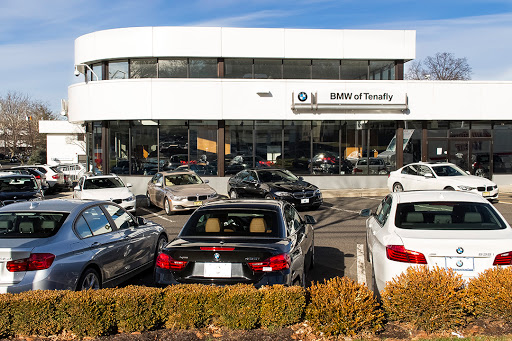healthgim.com
Discover the best BMW dealer local businesses and services near you.
Search Directory by City
Browse Directory by State in USA
Explore our comprehensive directory organized by location
Popular Directory around USA
Discover top-rated businesses and services
BMW of Barrington
1475 S Barrington Rd Barrington IL 60010 United...
Sewell BMW of Plano
6800 Dallas Pkwy Plano TX 75024 United States
BMW of Stratham
71 Portsmouth Ave Stratham NH 03885 United States
BMW of Dallas
6200 Lemmon Ave Dallas TX 75209 United States
Paul Miller BMW – Service
1515 NJ-23 Wayne NJ 07470 United States
BMW of Brooklyn
9326 4th Ave Brooklyn NY 11209 United States
Coggin BMW Of Treasure Coast Service Department
4429 S US Hwy 1 Fort Pierce FL...
BMW of Turnersville Service and Parts
3400 NJ-42 Turnersville NJ 08012 United States
Bill Jacobs BMW
2495 Aurora Ave Naperville IL 60540 United States
BMW of Grapevine
1111 E State Hwy 114 Grapevine TX 76051...
BMW of Ramsey Certified Pre-Owned
995 NJ-17 Ramsey NJ 07446 United States
Beverly Hills BMW
5070 Wilshire Blvd Los Angeles CA 90036 United...
BMW of Murrieta
41430 Auto Mall Pkwy Murrieta CA 92562 United...
BMW of Tampa
109 E Fowler Ave Tampa FL 33612 United...
BMW of Freehold
4225 US-9 Freehold NJ 07728 United States
BMW of Lenox
374 Pittsfield Rd Lenox MA 01240 United States
Open Road BMW of Edison
720 US-1 Edison NJ 08817 United States
BMW of Elmhurst
500 W Lake St Elmhurst IL 60126 United...
BMW of Tenafly
301 County Rd Tenafly NJ 07670 United States
Principle BMW of Corpus Christi
7601 S Padre Island Dr Corpus Christi TX...
Princeton BMW
3630 Quakerbridge Rd Hamilton Township NJ 08619 United...
Ray Catena BMW of Westchester
543 Tarrytown Rd White Plains NY 10607 United...
BMW of Morristown
111 Ridgedale Ave Morristown NJ 07960 United States
BMW of San Diego
5090 Kearny Mesa Rd San Diego CA 92111...
Santa Fe BMW
2578 Camino Entrada Santa Fe NM 87507 United...













